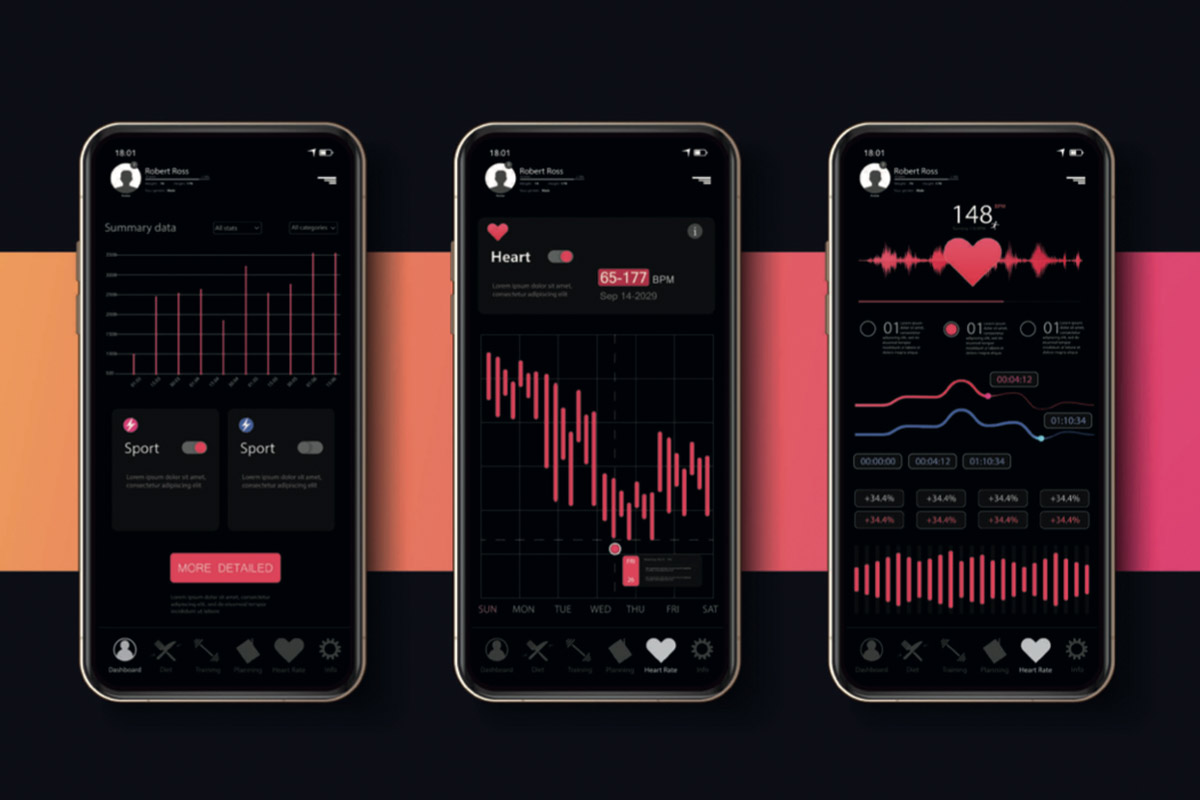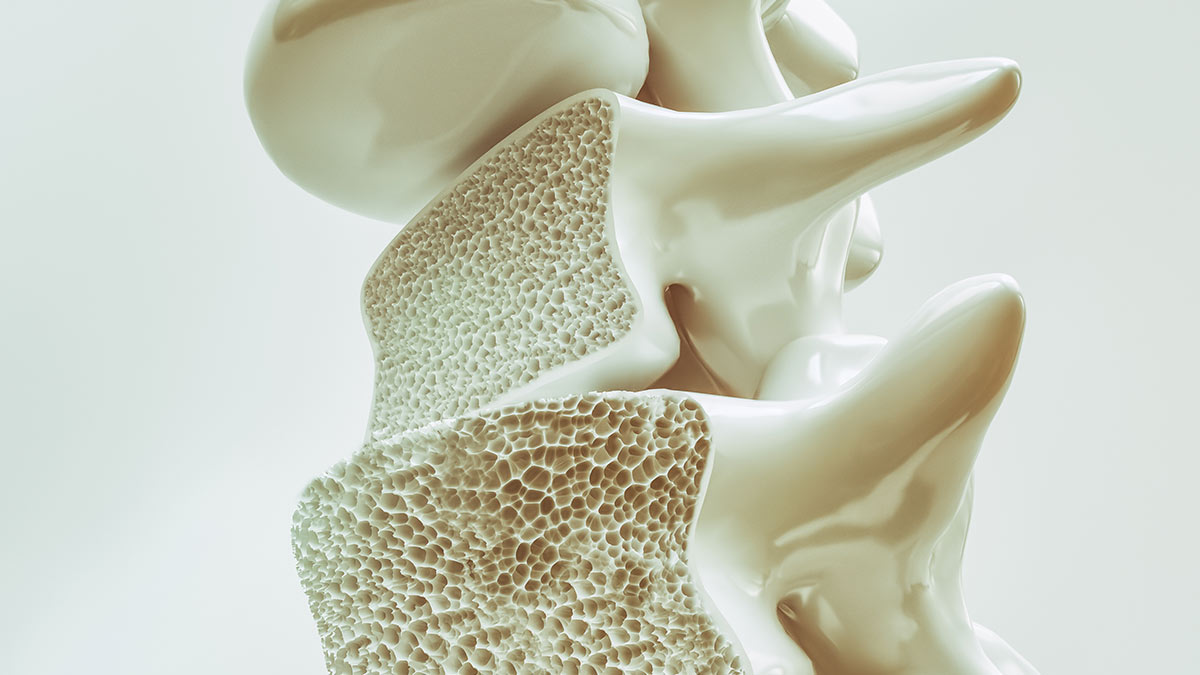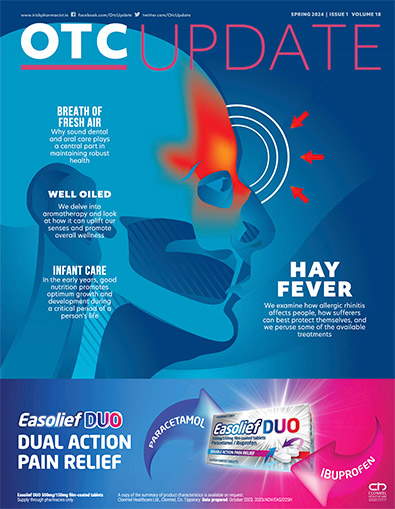As autumn approaches and sunshine becomes less available, patients should have a sufficient intake of vitamin D to maintain overall health
With the onset of autumn, patients visiting the pharmacy will have a reduced intake of vitamin D due to the decreased availability of natural sunlight, and potential travel restrictions due to Covid-19 may also have an effect on the amount of natural vitamin D patients can avail of.
A recent paper published by Trinity College Dublin not only highlighted the importance of vitamin D for overall health, but also drew attention to the implications of vitamin D deficiency and Covid-19. Among their key messages, the authors point out that adequate vitamin D intake can help to prevent respiratory infections in people with low levels, and that natural intake is seasonal — even in summer in Ireland, intake is dependent on the amount of sunshine and other unpredictable weather-related factors. They also state that adequate vitamin D intake is essential for good bone and muscle health.
The authors also said people who do not take vitamin D supplements are at risk of deficiency. This equates to 91 per cent of older adults over 55 years who do not take a supplement during the winter, equivalent to 1,038,752 people.
“Recent research has also highlighted that it may have an important function within the immune system,” wrote the authors. “With increased age, there is a shift in the immune response to a more pro-inflammatory state, which may lead to chronic low-level inflammation and a slow accumulation of damage, with subsequent progression to chronic disease.
“This age-related pro-inflammatory state is referred to as ‘inflamm-aging’… This can be particularly important in periods of metabolic stress, such as infection — the body is already pre-set to a higher level of inflammation and the necessary immune response to the infection may be impaired.”
The UK’s NHS also recommends taking 10 micrograms of vitamin D each day to keep bones, teeth and muscles healthy and points out that a lack of vitamin D can lead to bone deformities such as rickets in children, and bone pain caused by osteomalacia in adults. According to the NHS, vitamin D helps to regulate the amount of calcium and phosphate in the body and during autumn and winter, it is important to maintain sufficient intake of the vitamin, ideally through diet. However, the NHS acknowledges that it is difficult to achieve sufficient intake through diet alone and all cohorts of the population — including children, breastfeeding and pregnant women — should consider daily supplementation.
It is recommended to take a daily vitamin D supplement all-year-round if people: Are house-bound or frail, or otherwise not outdoors often; if they wear clothes that cover most of their skin when they are outdoors; and/or are in an institution, such as a care home. However, patients at the pharmacy counter should also be counselled on the implications of taking too much vitamin D and the NHS cautions that patients should not take more than 100 micrograms (4,000 IU) per day, as this can lead to hypercalcaemia, potentially damaging the kidneys and heart and weakening bones.
Osteoporosis
One study emphasised the need for good patient compliance when taking a vitamin D supplement, with the authors stating that “calcium and vitamin D utilisation in the optimisation of bone health is often overlooked by patients and healthcare providers. In addition, the optimal standard of care for osteoporosis should encompass adequate calcium and vitamin D intake.”
The prevalence rates for osteoporosis are considered to be underestimated, as bone loss often occurs without any obvious symptoms. The authors explain that the primary functions of vitamin D include regulation of intestinal calcium absorption and the stimulation of bone resorption, leading to efficient maintenance of serum calcium concentration.
Pharmacists have an important role to play in counselling patients on the need for adequate vitamin D intake. “The healthcare provider should highlight proper nutrition and supplementation at pertinent times,” wrote the authors in their summary. “For example, annual examinations are excellent times to review calcium and vitamin D intake, with recommendations for supplementation reviewed.
“The pharmacist has a vital role in making patients aware of the need for calcium and vitamin D with prescription osteoporosis therapies, including proper administration to ensure absorption of bisphosphonate medications.”







